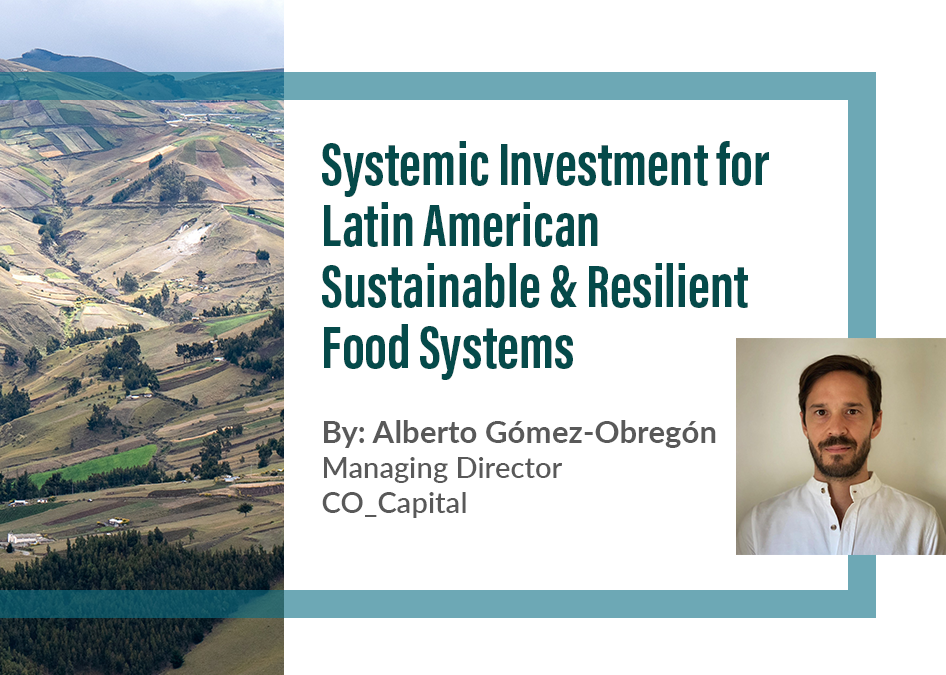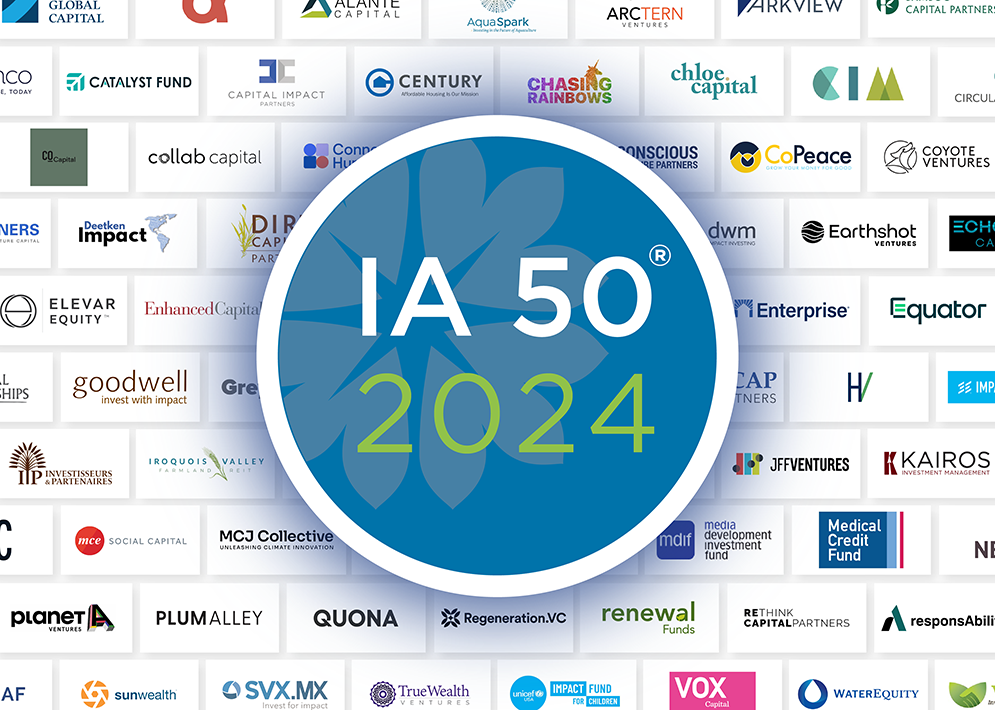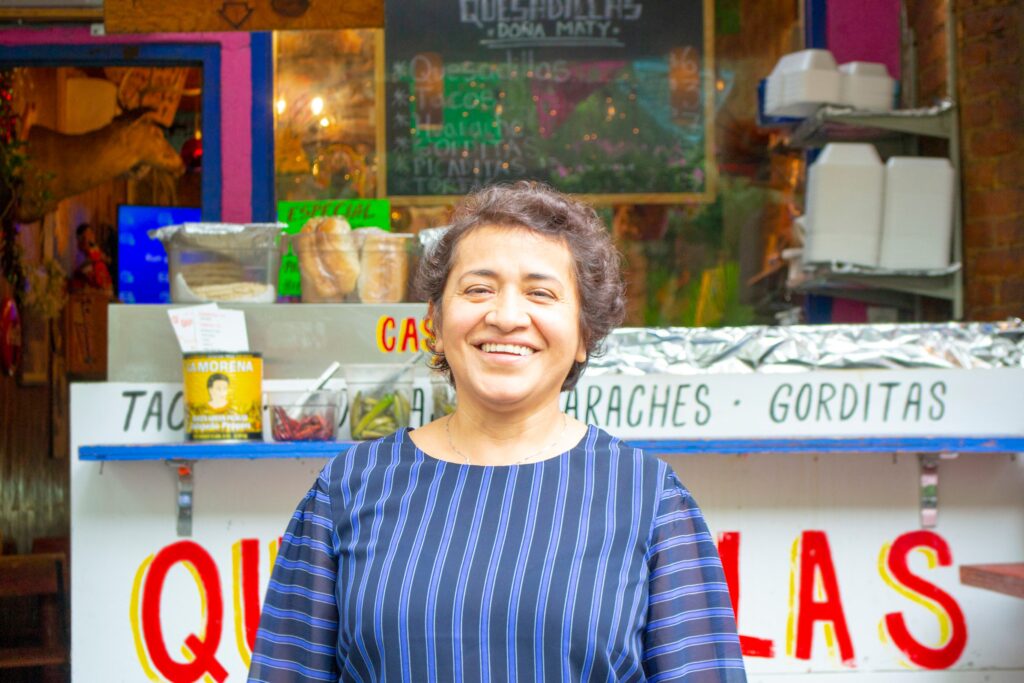Systemic Investment For Latin American Sustainable and Resilient Food Systems
By Alberto Gómez-Obregón, Managing Director, CO_Capital
This is part five of a six-part series, Breakthrough Strategies with Emerging Managers, in partnership with Confluence Philanthropy to lift up the voices of emerging fund managers, sharing their perspectives and experiences, as they shine a light into the challenges and the opportunities in this unique ecosystem.

Latin America is one of the main “breadbaskets” of the world, primarily for the US. It produces roughly 13% of global agri-food production, which represents 25% of its total production. Additionally, it is the most biodiverse region on the planet with five of the world’s megadiverse countries being there – Brazil, Colombia, Ecuador, Mexico, and Peru. In contrast, it is also the most unequal region in the world, where roughly 40% of the population (about 270 million people) live under food insecurity, and one in four adults suffers from obesity due to the consumption of cheap junk food and fried carbs. One quarter of the rural population lives in extreme poverty and 80% of agricultural workers hold informal jobs.
There is a lot of history, that dates to the era of the colonies as to why this situation exists today; large scale industrial mono-crop agriculture, limited government support for smallholder farmers, and access to low quality cheap food for underserved populations. The challenges for impact investors working in agriculture or food systems are complex as the issue is systemic.
- If the impact being sought out is social and focused on farmers and poverty – most of them, due to lack of access to inputs, information, financing, and markets are still using agrochemical and extractive farming practices. Transitioning them towards regenerative practices requires deep interventions with technical assistance, concessionary or blended capital, and incentives
- If the impact being sought is environmental and mainly focused on transitioning farmers, it is mainly starting through large producers that are part of multinational consumer packaged goods’ supply chains. This is great work but as large producers in the region become more efficient and competitive, smallholder farmers and poverty issues deepen in the rural economy
- If the impact being sought is more related to health and consumers, this could potentially push transition efforts for both large and small producers but needs a lot of government subsidies and interventions as the best products in many of the countries are sold to export markets which pay higher prices
As outlined above, we believe that tackling food systems, starting from production all the way to the consumer, is the way to go about it. It is such a relevant topic because it touches on so many aspects of our lives and current economy and it lies at the interconnection between climate change, loss of biodiversity, poverty, migrations, and health. For this to be done correctly, a systemic investment approach is needed.
Systemic investing relies heavily on collaboration and constant learning. Research must be done at local and regional levels to identify key levers that if intervened can influence or shift root causes. Issues that can be tackled with capital are transformed into investment themes and must be mapped across the influence levers. Finally, a portfolio that spans across themes and aims at tackling root issues must be built. For systemic change, amongst other things, you need scale or replication and multiple stakeholders working for the same goal; rather than using a single investment to tackle it, we are exploring whether these two fundamentals can be achieved through a fund’s portfolio.
Tackling stand-alone issues as we have been doing with everything in the past, from our health and bodies to our planet, is myopic and incomplete. Even though taking an aspirin might make us feel better in the moment or using agrochemicals has allowed crops to grow for years, these interventions are creating more structural damage making us blind to the underlying conditions that keep the issues prevailing into the future. We must be holistic and think as nature, we must tackle the systems we ourselves have created.
Breakthrough Strategies with Emerging Managers is a partnership between Confluence Philanthropy and ImpactAssets.
LEGAL AND PROGRAM DISCLAIMER: LEGAL AND PROGRAM DISCLAIMER: This is not a solicitation to buy or sell securities, nor a private placement offering. Nor is this an endorsement of any of the featured impact fund managers. It is intended for informational, educational and discussion purposes only.






